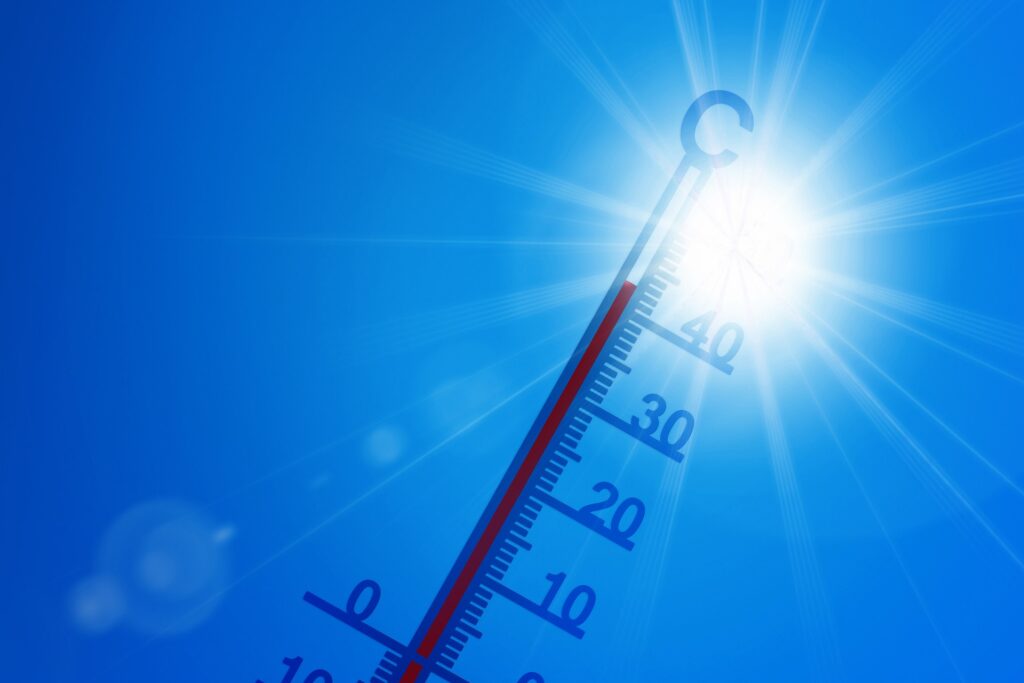
The Urban Heat Watch project is looking for volunteers in San Francisco to help create new heat maps of the urban landscape by installing sensors in their vehicles.
The city is one of 14 that were selected for the project whose goal is to better understand the relationship between climate change, extreme temperatures, public health and the built environment, according to the city manager's office.
The project is sponsored by the National Oceanic and Atmospheric Administration and will allow the city to measure how temperatures vary by neighborhood in an effort to address health inequities related to extreme heat.
Thus, about 50 volunteers are being recruited to place sensors in their vehicles and drive along predetermined routes in the city. The sensors will record temperature and humidity data that will help design urban heat island maps.
Interested volunteers can register by contacting click here.
"We know that extreme heat conditions and poor air quality caused by climate change can have detrimental health impacts and exacerbate health disparities among communities of color and among medically vulnerable people," said city health director Dr. Grant Colfax.
The project is a partnership between several city agencies and two non-profit organizations, Brightline Defense Project and NICOS Chinese Health Coalition.
"We joined this effort because natural disasters such as extreme heat disproportionately affect people of color and marginalized communities such as those residing in Chinatown," Kent Woo, executive director of NICOS, said in a press release.
"We are proud to partner with the city and the Urban Heat Watch project to enhance our ability to monitor and address the effects of extreme heat."
The city has reported an increase in emergency room visits during extreme heat compared to other parts of the state. That's because people living in temperate climates have a harder time withstanding extreme heat events than people living in warmer climates, according to the administrator's office.
The effects may be worse for vulnerable populations, including older adults, children, and people with pre-existing health problems, as well as for people who cannot easily relocate to find temporary relief.
According to a 2019 report from the UC Berkeley School of Public Health, San Francisco has between three and six extreme heat events each year. Climate change could increase these types of events to 13 per year by the end of the century.
With information from Bay City News.
You may be interested in: SF announces $6 million dollar grant for gun violence prevention


